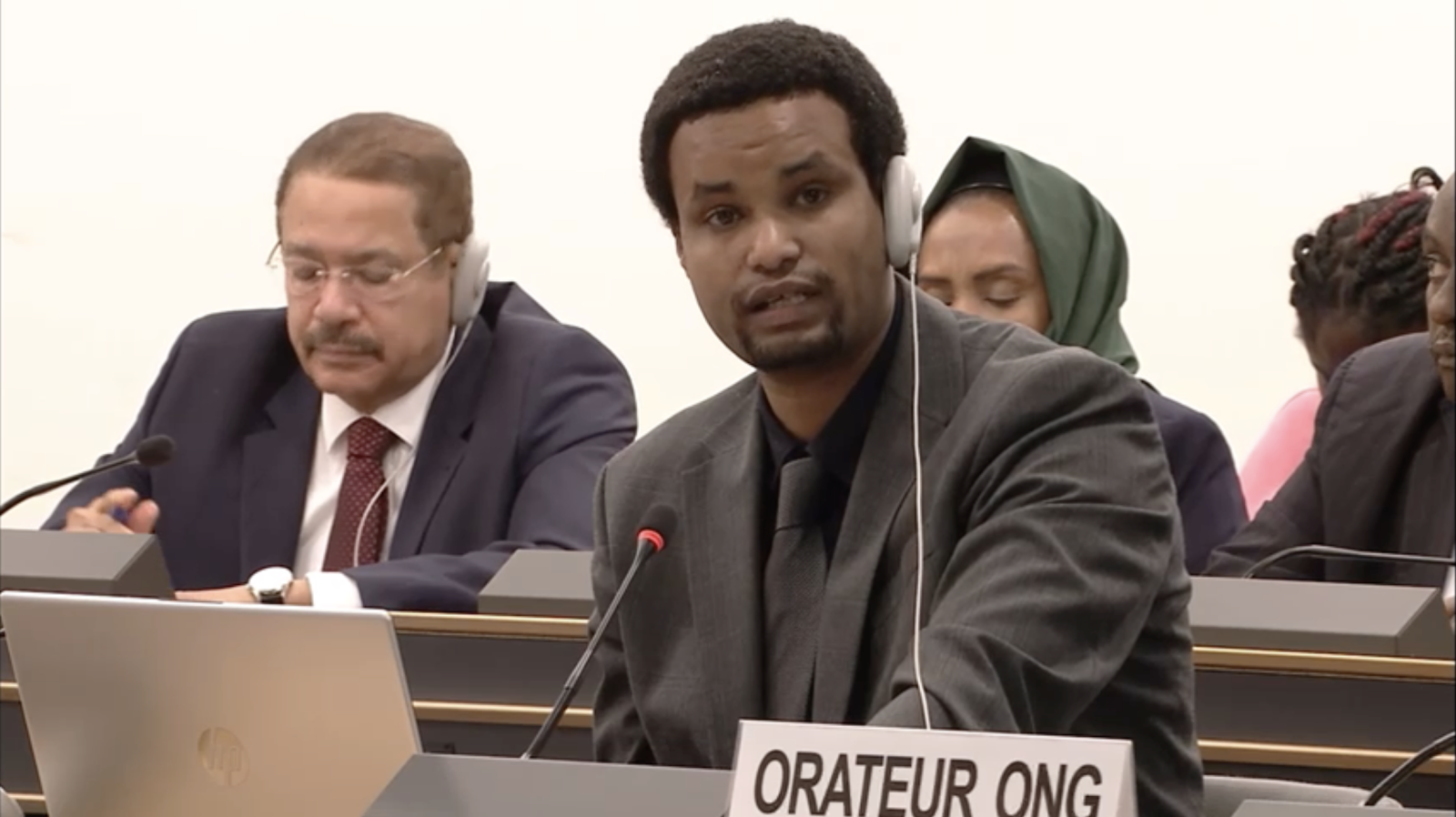“Interactive dialogue with: The new Special Rapporteur on contemporary forms of slavery, Tomoya Obokata, addressing the impact of the coronavirus disease pandemic on contemporary forms of slavery and slavery-like practices, and on the mission of his predecessor to TogoA/HRC/45/8, A/HRC/45/8/Add.1"
Agenda Item 3: - Promotion and protection of all human rights, civil, political, economic, social and cultural rights, including the right to development
Statement by: International Organization for the Elimination of All Forms of Racial Discrimination (EAFORD)
16 September 2020
Thank you Mr. President,
We welcome the report of the Special Rapporteur on contemporary forms of slavery that focuses on the “Impact of the coronavirus disease pandemic on contemporary forms of slavery and slavery-like practices”.
We note the detrimental impacts of the COVID-19 crisis especially on enslaved persons before the crisis and those trapped in slavery-like conditions. Furthermore, it is deeply worrying that minority and vulnerable groups are targeted, marginalized and even used as scapegoats and placed in abhorrent conditions where they are owned and abused and denied the most basic of human rights, as is the case concerning Ethiopians who suffer appalling and horrific conditions in the Middle East region.
Mr. President,
EAFORD and Geneva International Centre for Justice continue to emphasise the relevance of addressing root causes as a means to fully understand and end all types of modern-slavery. We also stress the need to identify chief perpetrators and bringing them to justice.
It is also crucial to identify and address new risks, gaps, and abuses in light of the covid-19 situation to strengthen anti-slavery measures that have been negatively impacted by this phenomenon. Objectives and methodologies in this endeavour must, therefore be concrete. Mr. Special Rapporteur, in light of this what challenges and obstacles stand in your way of collecting the relevant data and how will you address such challenges?
In conclusion,
• We recommend member states to put in place or enhance strategies to better identify contemporary forms of slavery during the covid-19 pandemic,
• Finally, we strongly support the obligation to cooperate and urge all member states and relevant stakeholders to strengthen international solidarity towards eradicating contemporary forms of slavery.
Thank you.
Response by the Special Rapporteur, Mr. Tomoya Obokata
Justice, Human rights, Geneva, geneva4justice, GICJ, Geneva International Centre For Justice








